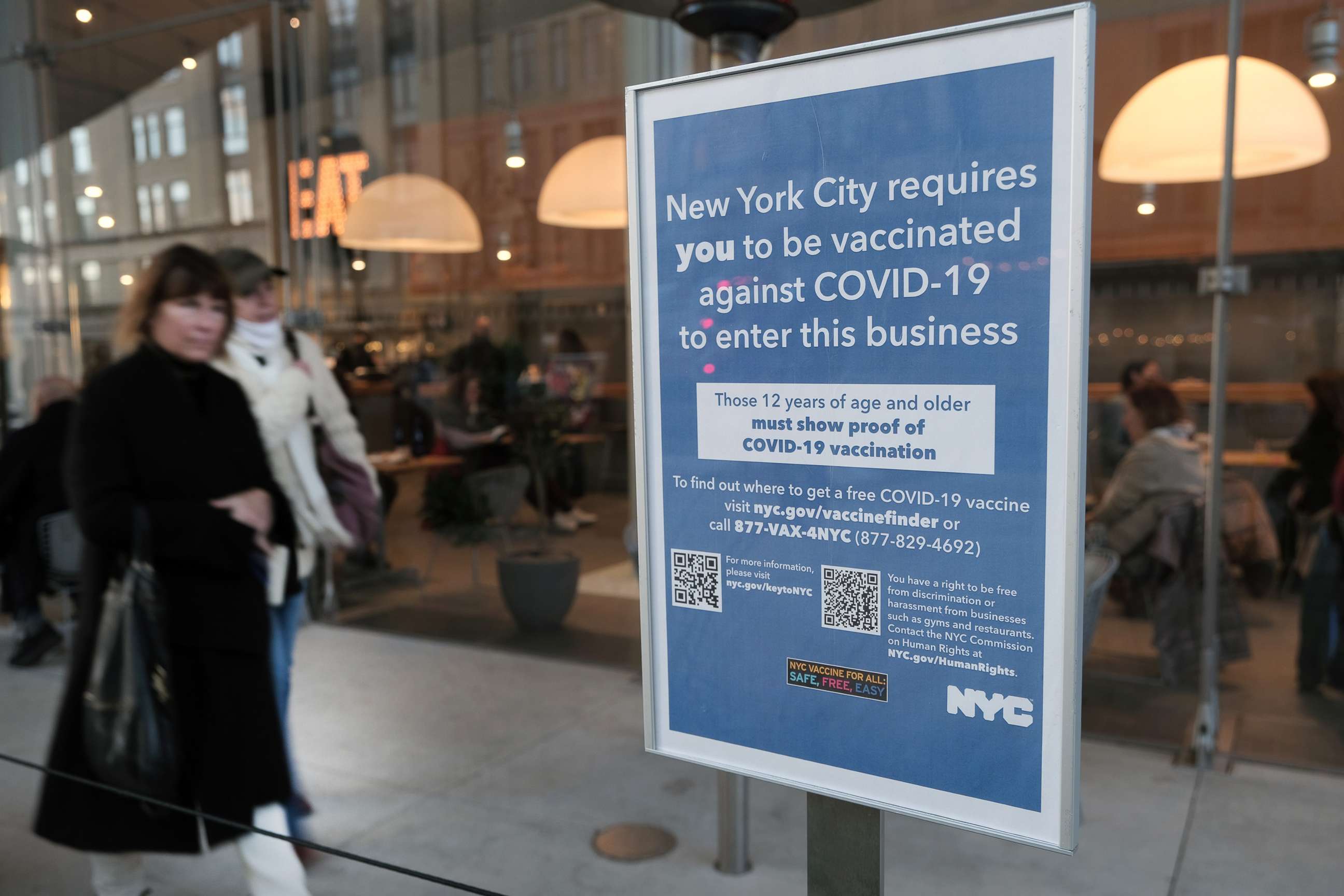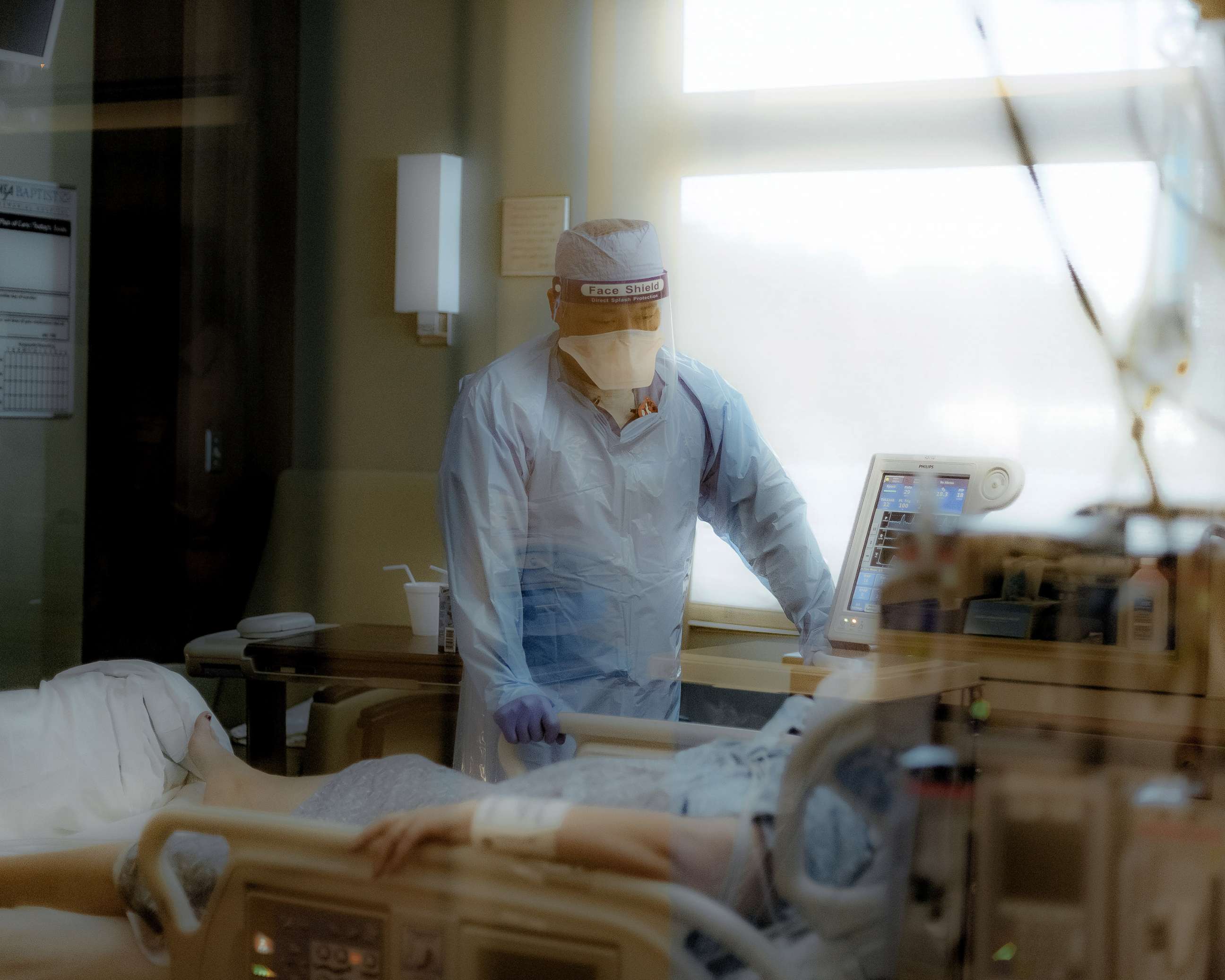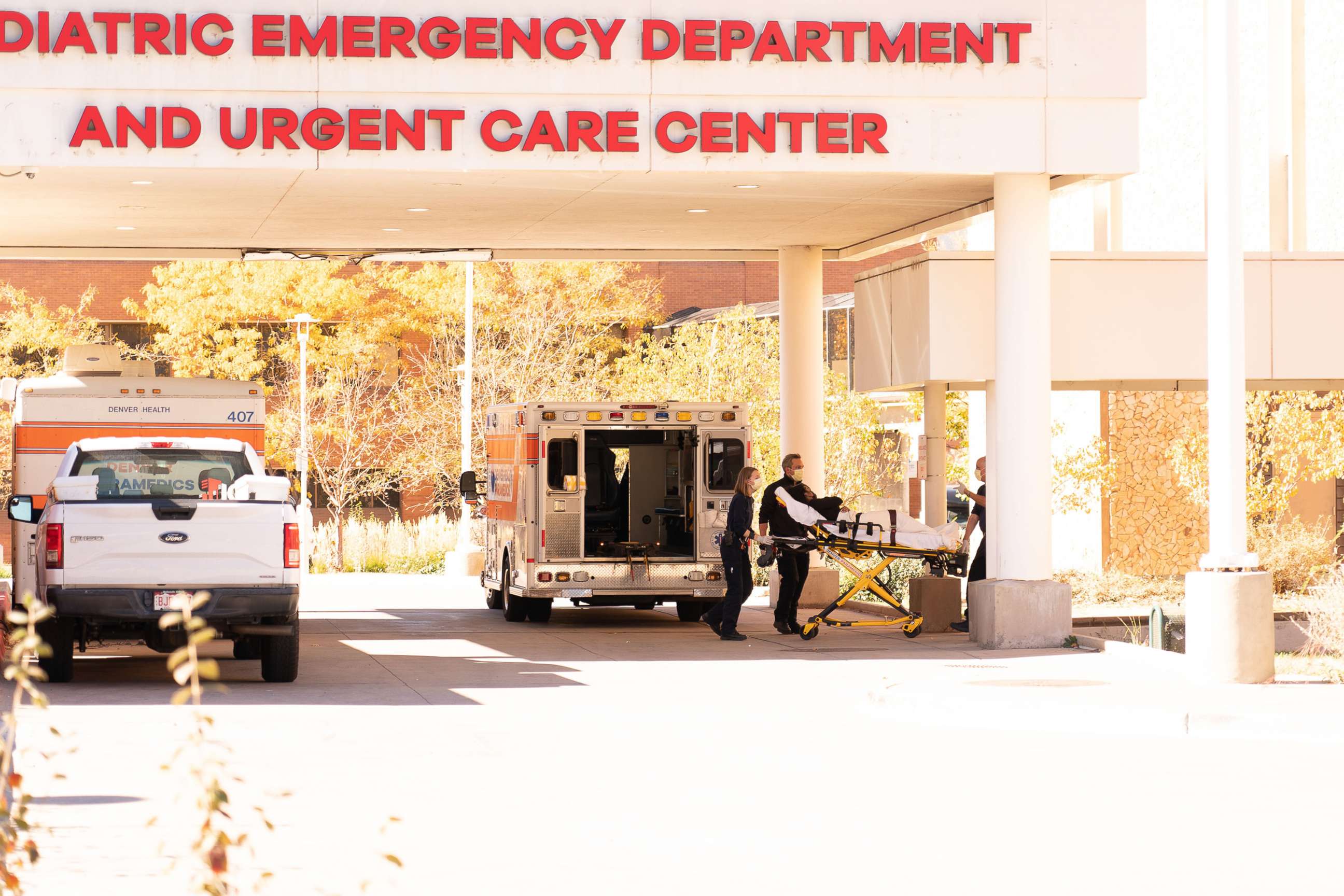Hospitals with limited capacity in Massachusetts are being asked to, once again, begin reducing elective surgeries.
The Massachusetts Department of Public Health released the updated guidance to hospitals on Tuesday. The guidance explains that, "on a statewide basis, hospitals are currently operating at over 90% inpatient capacity," which it says "is compounded by 500 fewer acute care inpatient beds available as a result of unprecedented staffing shortages."
"The current strain on hospital capacity is due to longer than average hospital stays and significant workforce shortages, separate and apart from the challenges brought on by COVID," Massachusetts Secretary of Health and Human Services Marylou Sudders said in a statement Tuesday. "COVID hospitalizations in Massachusetts remain lower than almost every other state in the nation, but the challenges the healthcare system face remain, and this order will ensure hospitals can serve all residents, including those who require treatment for COVID-19."
Although COVID-19 hospitalizations in Massachusetts are still significantly lower than last January, when more than 2,000 patients were receiving care, approximately 740 patients are currently hospitalized across the state.
Given the current "high census level" and expected increase in hospitalization rates, as seen last year during the period following Thanksgiving and through January, the Massachusetts Department of Public Health said a "concerted effort to preserve inpatient capacity" was necessary.
The current strain on the Bay State's health care system has been further exacerbated by staffing shortages.
"We are now seeing significant strain on hospital capacity due largely to workforce shortages and an influx of non-COVID-19 patients who deferred care and now need complex medical care," Steve Walsh, president and CEO of the Massachusetts Health and Hospital Association, said in a statement Tuesday.
The reduction of non-essential, non-urgent scheduled procedures will not apply to ambulatory services, pediatric care or immunizations, pregnancy terminations and essential, urgent inpatient procedures that have a high risk or would lead to a significant worsening of the patient’s condition, if deferred.
-ABC News' Arielle Mitropoulos







